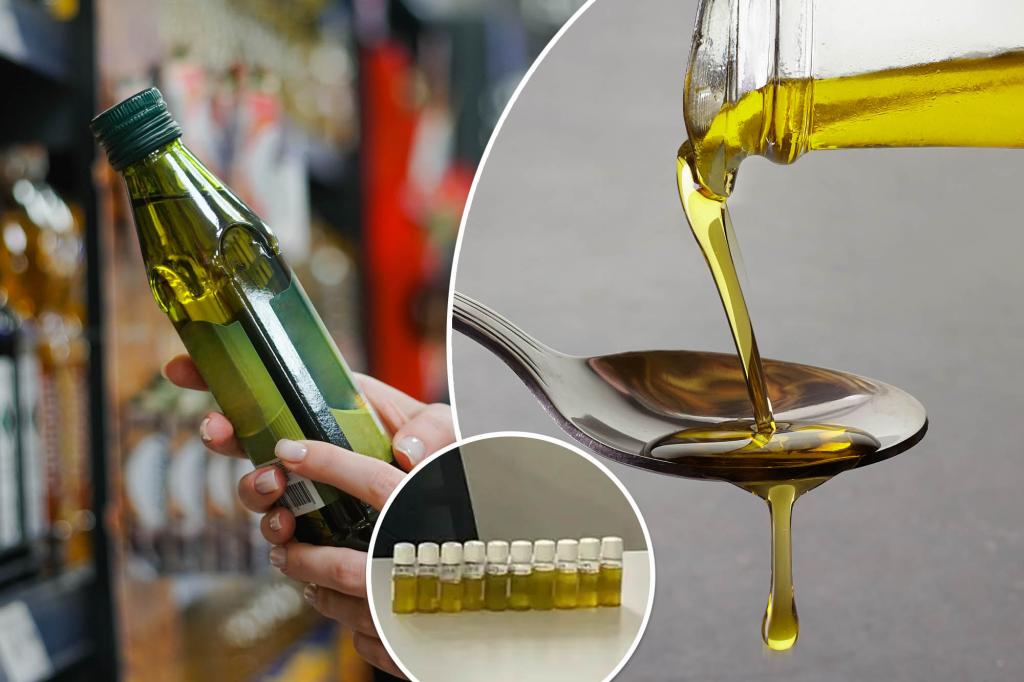The ongoing olive oil shortage has driven up prices of the pantry staple and led to an increase in fake “liquid gold.” Prices have reached an average of $12.39 per bottle, which is a record high reported by market analyst firm, Mintec Global. This surge in prices has also led to an increase in fraud, with some producers diluting their products with cheaper oils, some of which have been deemed unfit for human consumption. Olive oil fraud typically occurs by mislabeling lower-quality oils as premium products like extra virgin olive oil, or by mixing olive oil with inexpensive neutral oils like sunflower or grapeseed oil. Some of these cheap oils are even dyed with chlorophyll and carotenes to mimic the appearance of olive oil, further contributing to the fraudulent activities.
The rise in olive oil prices can be attributed to a series of poor harvests over recent years, leading to prices more than doubling since 2018. Extreme weather conditions have significantly impacted olive oil production in Mediterranean countries such as Spain, Italy, and Greece, causing concern among long-time players in the industry who are unsure of how they will continue. As a result, some have resorted to selling fake olive oil, creating lucrative opportunities for fraudsters. Professor Maurizio Servili from the University of Perugia noted that it is easier and more economical to commit fraud with expensive products like olive oil, given its higher value compared to cheaper products.
Consumers can protect themselves from falling victim to olive oil fraud by looking for certain signs that indicate authenticity. These include ensuring that the oil is labeled as “extra virgin,” as only pure olive oil can legally bear this label. Real olive oil should have a bright and peppery taste, while fake oils may lack flavor or have a rancid taste. It is also important to check for detailed information on the bottle regarding the producer and region where the olives were grown, as well as the presence of a “Protected Designation of Origin” (DOP) seal, which signifies strict testing and specifies the region of origin. Additionally, a third-party certification mark adds an extra layer of assurance regarding the authenticity of the product.
While some olive oil fraud activities may be small-scale, organized crime syndicates, including the mafia, are also involved in large-scale operations. For example, Italian authorities recently stopped a network of fraudsters selling fake oil by the truckload, seizing 42 tons of packaged “extra virgin” oil worth $1 million. This highlights the extent of fraudulent activities that can take place within the olive oil industry and the importance of vigilance on the part of consumers to ensure they are purchasing legitimate products. As prices continue to rise and the shortage persists, it is crucial for consumers to be informed and cautious when buying olive oil to avoid falling victim to fraudulent practices in the market.


